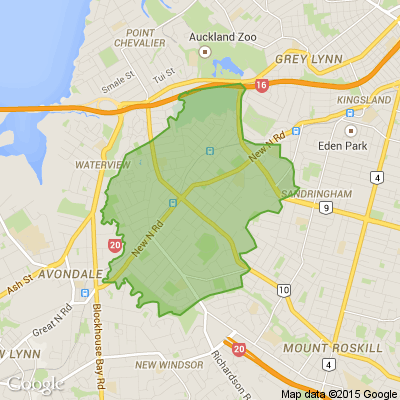Empowering Lives of our Diverse Communities, One Driver Licence at a Time
On its 4th year, a community driving school operated by the Migrant Action Trust in collaboration with local community groups through The PETER Collective is empowering the lives of our diverse communities, one driver licence at a time.
This year the Puketapapa Community Driving School (PCDS) successfully trained over 200 migrants and former refugees towards gaining their restricted and full driving tests. Before the August 2021 lockdown, 97 programme participants passed their practical tests and are now able to access New Zealand’s roads safely and independently, while also increasing their chances to get jobs and reducing social isolation.
One of our biggest success stories in 2021 was helping Amino, a young Somali single mum to get her restricted licence. Being deaf didn't stop her from learning. Thanks to our most patient instructors and volunteer mentor Kevin, who offered sign language support, Amino got her restricted licence last May.
“Our refugee-background learners face financial, literacy and language barriers. Getting a licence means a world of difference for all of them,” says Amie Maga, PCDS Manager.
Rina Capila, PCDS instructor shared her experience teaching an Afghani single mum: “I had tears of joy when she passed. She doesn't understand English, so I tried to use google translation for her to understand my instructions. I draw and even walk with her around the intersections for her to understand what safe driving is. Her struggles as a single mum and refugee touched me a lot, and I know having a licence will ease the burden.”
“The feedback from our learner drivers is truly heart-warming so we’d like to help more urgent referrals from our diverse communities as much as we can. As a community-owned social enterprise, we deliver driving lessons for those who can afford to pay the full costs, then use the income to give subsidised driving lessons for learners who face multiple barriers,” Maga explained.
“A driver's licence is important to me because I am a student and responsible for my children. You can't imagine the hassles of getting kids to school and going to university daily, plus using Uber for emergency and hospital appointments. Now things are much easier. I feel free to move anytime and anywhere. I can't forget last year's lockdown. It was hard to find someone to take me to buy food and supplies."- Hanan
“I was able to help my mum during lockdown. My mum is a health worker, and she can’t take bus all the time. So it was my duty to drop her to work. Now I can drive alone buy some groceries and stuff. This is a little bit help for my family. Driving was my first step to help my family.” - Serene
“I’ve been able to help my family more like getting groceries, dropping off my brother and picking up from school. From a personal perspective it has given a lot of confidence. As a young person, whenever you are with your friends, there is a stigma of you still having your learner’s. I chose to enrol at PCDS as I always thought the social enterprise side of the business is amazing. The buy one and give one for someone with refugee background and struggling to afford a driving lesson was really cool. I really like the fulfilment it gave me that my money would be going towards someone in need and potentially make a difference in their lives.” – Nina
“Before I just ride a bus. Sometimes the bus would take a while, so it was hard for me especially going home late. Now I’m working as a support worker. I drive a lot going to my clients’ homes. Excellent cause, you are really helping the migrants and refugees to learn to drive.” - Christine
PCDS also supports the Road to Zero strategy of Waka Kotahi for a New Zealand where no one is killed or seriously injured in road crashes. To book driving lessons and/or donate towards subsidised lessons for former refugees, please check out pcds.co.nz

Poll: As a customer, what do you think about automation?
The Press investigates the growing reliance on your unpaid labour.
Automation (or the “unpaid shift”) is often described as efficient ... but it tends to benefit employers more than consumers.
We want to know: What do you think about automation?
Are you for, or against?

-
9.3% For. Self-service is less frustrating and convenient.
-
43.5% I want to be able to choose.
-
47.2% Against. I want to deal with people.
Dry cleaners mt Roskill
Hello our fellow neighbors I was hoping someone would know where the old dry cleaners we had up at the lights on dominion road have moved to?? I was out of town and when I came back they were gone .... I had some items that I would really love to get back but if only I new where they moved to or how to get In Touch with the owners to see what they did with our clothes if they closed down or moved elsewhere? Any updates or news about it would be amazing neighbors. Have a great day
New BEGINNERS LINEDANCING CLASS
Epsom Methodist church
12 pah Rd GREENWOODS cnr. Epsom
Monday 9th February 7pm - 9pm
Tuesday 10th February 10am -11am
Just turn up on the day






 Loading…
Loading…